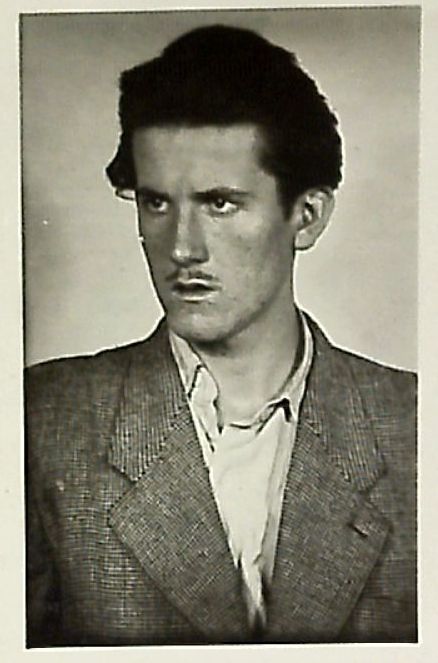They printed leaflets on the cyclostyle and published the illegal magazine “Anna”

Download image
Pavel Hála was born on 25 February 1934 into a farming family in the village of Letonice, Vyškov district. His father farmed 13 hectares, his mother managed the household. Besides his older sister, he had a younger brother. During the war his mother’s brother Josef Rotrekl was executed for his participation in the resistance, his father’s brother František Hála, an officer in the Czechoslovak army, left for England at the beginning of the occupation. The family therefore experienced frequent interrogations at the Brno Gestapo. From September 1944, Hála studied at the grammar school in Bučovice. In 1949, he transferred to the grammar school in Brno, staying with his uncle František, who had returned from England but was expelled from the army after the communist coup. Colonel Hala was later arrested and sentenced to 16 years for treason and espionage in a staged trial. In the meantime, the family lost their property, as the father was labelled a kulak by the Communist authorities. Under the influence of these events and the generally worsening post-coup conditions, Pavel Hála and his friends from Brno founded an anti-communist group. They printed leaflets on a private cyclostyle and published the illegal magazine “Anna”. Both were distributed through mailboxes. They posted leaflets in telephone booths and on communist agitation notice boards. The 17-member group was discovered by State Security when they caught its leader, Jan Strejcius, distributing leaflets. Pavel Hála was arrested during classes on 26 September 1951. The six-month interrogations, involving a stay in solitary confinement, lack of sleep and forced all-day walking, took place in Příční Street in Brno or in light detention facilities in Znojmo and Tišnov. On 19 March 1952, Hála was sentenced as a juvenile in Brno to two and a half years’ imprisonment for treason. He served his sentence in a juvenile institution in Zámrsk, where he gradually worked in the fields, in a cowhouse, in a piggery, dug ditches, and towards the end he learned in a carpentry workshop. He was released on parole on 26 June 1953. At first he had difficulty finding employment while free. They took him to Zetor Brno to the heavy mechanics department. In 1954, he enlisted in the Auxiliary Engineering Corps (PTP) and worked for several months in the mines in Havířov, then became a medical instructor. His two-year military service was extended by half a year due to the events in Hungary. After returning to civilian life, he rejoined Zetor Brno, where he worked until his retirement in 1998. Pavel Hála was a member of K 231 in 1968 and is still a member of the Confederation of Political Prisoners. In 2012, he received a certificate as a participant of the Third Resistance.





